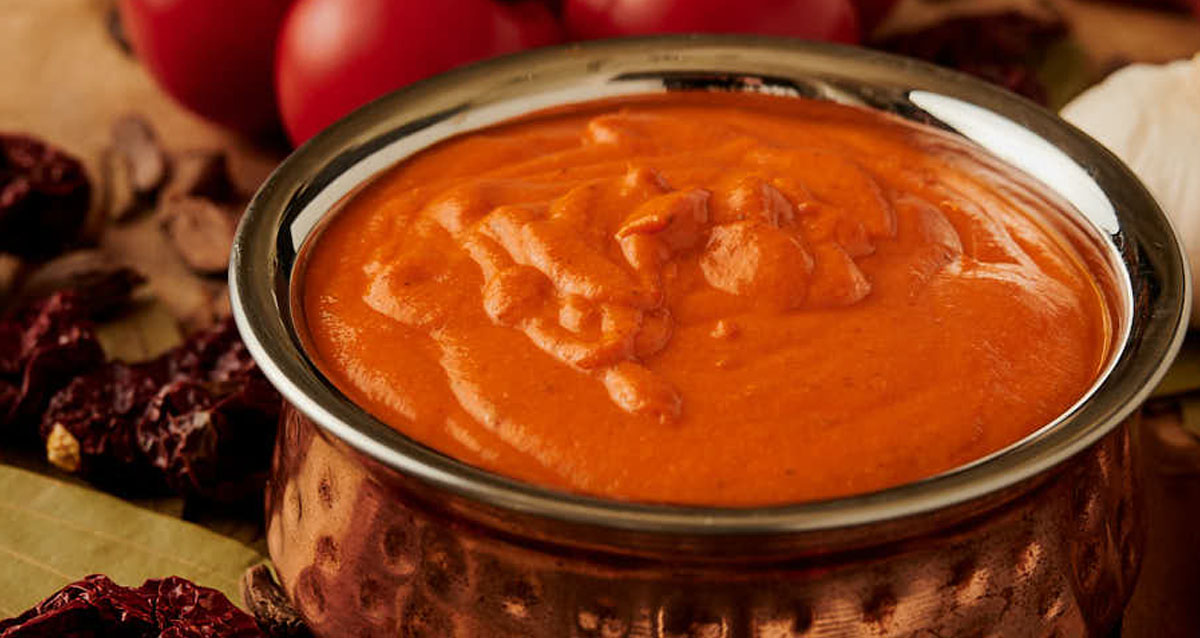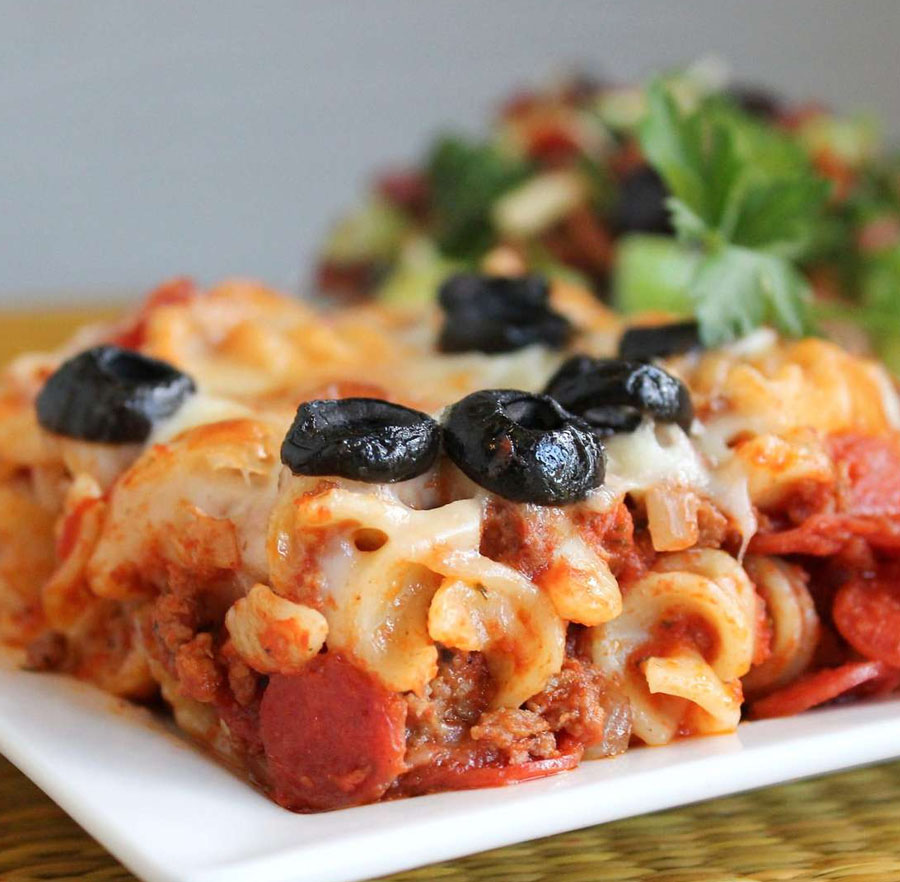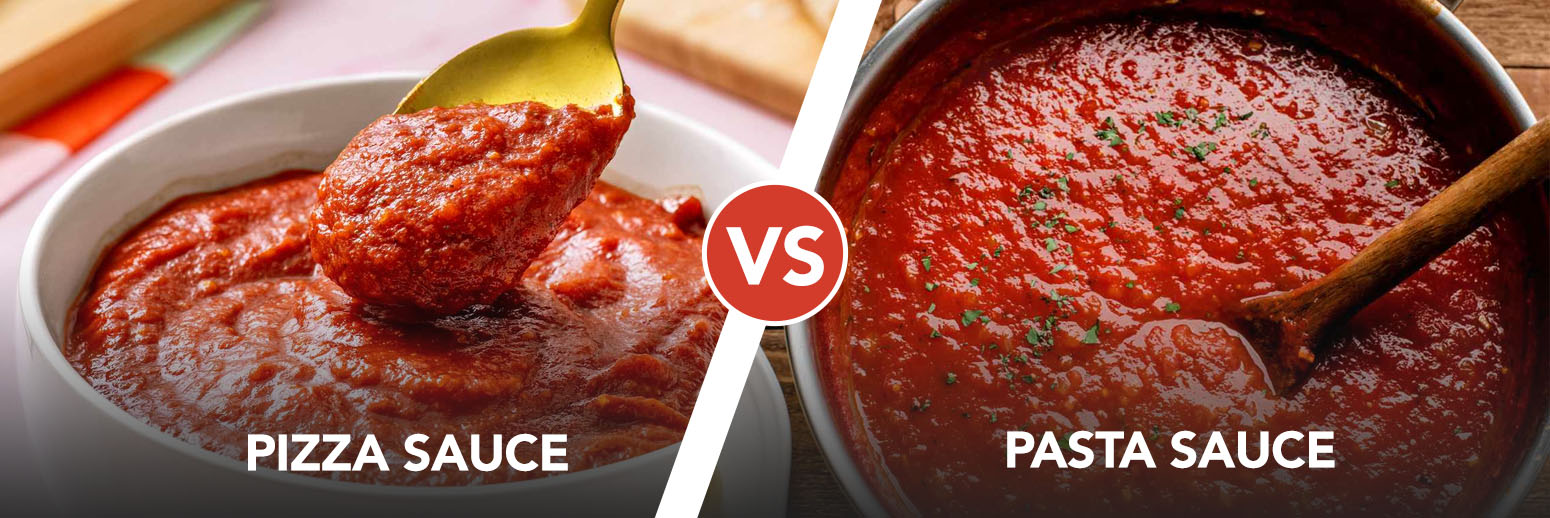Italian pizza pasta sauce
Why Pizza Pasta Sauce is the Key to Perfect Dishes
A great sauce lays the groundwork, whether it’s for pizza or pasta, right?
Think about it, no matter how perfectly cooked your crust or noodles are, it’s the pizza pasta sauce that sets the tone. It’s that vibrant burst of flavour, the zesty kick, and the comforting aroma that makes every dish come alive. Whether you’re layering it on a thin-crust pizza or mixing it into a creamy bowl of spaghetti, pizza pasta sauce is what truly binds your meal together.
What’s better? With the right tomato base, it fits beautifully into Indian kitchens, offering a flexible and tasty solution for weeknight dinners or gourmet weekends.
The Best Pizza Pasta Sauces for Gluten-Free and Vegan Dishes
Mouth-watering gluten-free or vegan-friendly dishes like pizza pasta sauce are for anyone who enjoys a meal without the digestive consequences. Aside from the gluten- and vegan-friendly nature of most tomato pasta sauces, as long as they lack dairy or other gluten-associated additives (rare). These sauces can be jazzed up with fresh herbs, olive oil, and roasted garlic they make the perfect all-natural flavouring option that meets dietary requirements while delivering a full taste.
Here are a few ways to make your gluten-free or vegan pizza pasta sauce stand out:
- Use roasted garlic or caramelised onions for depth.
- Olive oil and sun-dried tomatoes add richness without cream.
- Indian organic tomato purees are a great base if you’re making it from scratch.
Looking for organic pizza sauce for Indian restaurants? You’ll find several Indian brands now producing preservative-free and USDA-certified organic options. For vegan lovers, make sure your sauce doesn’t sneak in any cheese powders or dairy-based thickeners.
And remember to always read the label. Some store-bought jars may contain hidden gluten (like maltodextrin) or artificial preservatives. If you’re cooking at scale, connect with bulk pizza sauce suppliers for restaurants in India who offer allergen-free certifications.
Pairing Pizza Pasta Sauces with Your Favourite Dishes
The real power of pizza pasta sauce lies in its flexibility. It’s more than just a red sauce—it’s a foundation for flavour, a unifying ingredient across cuisines. Whether you’re whipping up a snack or a formal dinner, this sauce fits right in.
Classic Pizza: For a traditional pizza, choose a rich tomato base with garlic, onion, and dried Italian herbs. Add red chilli flakes or a dash of Kashmiri mirch for an Indian twist. Some of the best pizza sauce brands in India for restaurants now offer this exact blend—fresh, spicy, and aromatic.
Creamy Pasta: Blend your pizza pasta sauce with a little cream (or cashew cream for a dairy-free version), and you’ve got a velvety topping for fettuccine or penne. Want it tangier? Stir in a spoonful of fresh tomato puree or lemon zest.
Baked Favorites: Whether it’s lasagna, baked ziti, or eggplant parmesan, the tomato-based sauce ties everything together. Use a tomato pasta sauce that leans sweet if you’re pairing it with cheese-heavy dishes. If you’re buying in bulk, choose from wholesale pizza sauce suppliers in India who offer consistent quality for restaurant baking needs.

Secrets to the Perfect Pizza and Pasta Sauce Consistency
Texture is everything when it comes to pizza pasta sauce. Too runny? It’ll slide off your pizza. Too thick? It won’t coat the pasta evenly.
Here’s how to strike the perfect balance:
- For pizza: Simmer the sauce longer to thicken it. Don’t add too much water. A warm, dense sauce spreads better on pizza dough and stays in place during baking.
- For pasta: Use a bit of the starchy pasta water. This helps the sauce bind to the noodles and gives it a silky finish.
If you’re using canned tomatoes or puree, check their thickness. Not all tomato products are the same. And speaking of that…
Can tomato puree be used as pizza sauce?
Yes—but you need to enhance it. Tomato puree alone is too acidic and plain. Add sautéed garlic, herbs, a pinch of sugar, and a drizzle of olive oil to turn it into a legit pizza sauce.
Also, don’t forget quality. Whether you’re a home chef or buying from a bulk pizza sauce supplier for restaurants in India, the base ingredient (fresh or canned tomato) makes all the difference.
Store-Bought vs. Homemade Pizza Pasta Sauce: Which Is Better?
This question pops up all the time: Should you buy it or make it?

Store-Bought:
- Convenient and quick
- Consistent flavor
- Long shelf life
- Many brands are available in Indian markets—look for labels with fewer preservatives
- Some of the best pizza sauce in India now includes options tailored for restaurants and home kitchens alike
However, be cautious. Some store-bought sauces are overloaded with salt or artificial flavouring. Always check the sodium levels, especially if you’re serving kids or health-conscious diners.
Homemade:
- Full control over ingredients
- Easily customised for dietary needs (vegan, low-salt, organic)
- Costs less over time, especially if you’re cooking in bulk
- Perfect for restaurants that want a signature flavour
If you’re working in a professional kitchen or running a pizzeria, homemade sauce can truly become your USP. But if you’re looking for consistency and speed, suppliers of pizza sauce in India offer top-notch, reliable alternatives.

Extra Tips: How to Store Pizza Sauce After Opening in India
Leftover sauce? Here’s what to do:
- Store in a glass jar or BPA-free container
- Refrigerate and consume within 5 days
- For long-term use, freeze in ice cube trays—thaw only what you need
- Avoid plastic pouches—they’re harder to seal and often leach flavour
This is especially helpful for small cafés or home bakers who don’t use large quantities every day. Want commercial solutions? Check with wholesale pizza sauce suppliers in India for industrial packaging and bulk storage options.
What Is the Difference Between Pizza Sauce and Pasta Sauce?

You’d be surprised how many people think they’re interchangeable. While they share similar ingredients, their purpose and preparation vary:
Feature | Pizza Sauce | Pasta Sauce |
Cooked? | Usually uncooked | Typically cooked |
Texture | Thicker for spreadability | Thinner and smoother |
Seasoning | Bold herbs like oregano & basil | Milder, may include onion or cream |
Tomato Base | Often raw puree or crushed tomatoes | Cooked down for flavour depth |
Use Case | Spread on the dough before baking | Mixed into cooked pasta |
So the next time you’re tempted to swap them out, don’t. Or better yet, adapt one to the other with the right tweaks.
Final Thoughts: Choose the Right Sauce for Your Needs
Whether you’re a home cook looking to spice up weeknight meals or a restaurant chef in need of bulk solutions, the right pizza pasta sauce can transform your dishes.
- Craving flavor with fewer ingredients? Go organic.
- Running a kitchen? Choose from the best pizza sauce brands in India for restaurants.
- On a gluten-free diet? Look for clean, preservative-free tomato bases.
- Want control? Make your own—just make sure your tomato pasta sauce is high quality.
From how to store pizza sauce after opening in India to understanding whether tomato puree can be used, every detail matters.
frequently asked questions
Pizza sauce is typically uncooked and thicker, making it ideal for spreading on dough. Pasta sauce, on the other hand, is cooked, smoother, and usually has a milder flavour.
Yes, but it needs seasoning. Add garlic, herbs, olive oil, and a touch of sugar to transform tomato puree into a pizza-ready sauce.
Store it in an airtight glass jar, refrigerate, and use within 5 days. You can also freeze it in small batches for future use.
Top brands include Kagome India, Veeba, Del Monte, and FunFoods. For restaurants, consider bulk pizza sauce suppliers in India offering organic or preservative-free variants.
Yes, especially for health-conscious menus. Organic sauces have fewer chemicals and appeal to a growing base of eco-conscious customers.
